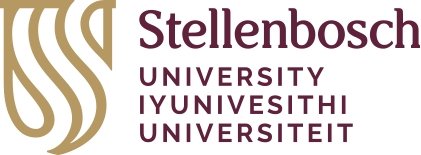
- This event has passed.
Prof Emanuel Bylund-Spångberg
June 13, 2024 @ 17:3019:30


Language diversity and the human mind
Language is a uniquely human feature. No other species has developed a semiotic system as complex and diverse as language. This raises questions about the human mind: What psychological and neurobiological mechanisms allow us to acquire language? And once acquired, how does language affect the way we think? So far, answers to these questions have largely been modelled on monolingual speakers of the English language, ignoring the tremendous diversity of languages and linguistic settings found around the world. This inaugural lecture analyses the linguistic and geographic biases that surround current research on language and the mind, and showcases the consequences of these biases for our knowledge of the human capacity for language and language-driven cognition. The talk concludes by exploring ways towards a psychology of language that is grounded in human diversity.
WATCH THE INAUGURAL LECTURE HERE
Short biography
Prof Emanuel Bylund-Spångberg is a professor of General Linguistics at Stellenbosch University (SU). This double doctorate holder obtained his PhDs in Bilingualism Research and Spanish Linguistics in 2008 and 2009 respectively, both at Stockholm University. He held postdoctoral positions at Stockholm University, the University of Maryland (United States), the University of the Western Cape as well as SU. Before joining SU’s professoriate, he was professor of Swedish as a Second Language at Linnaeus University and professor of Bilingualism Research at Stockholm University. His research focuses on the differences between child and adult language acquisition and loss, and the effects of language on the perception of reality. Bylund-Spångberg is the director of the Multilingualism and Cognition Laboratory in SU’s Department of General Linguistics, which is currently Africa’s only research laboratory dedicated to studying the mechanisms and processes of the multilingual mind. The laboratory plays a central role in ongoing efforts to diversify the cognitive sciences globally.

Recent Comments